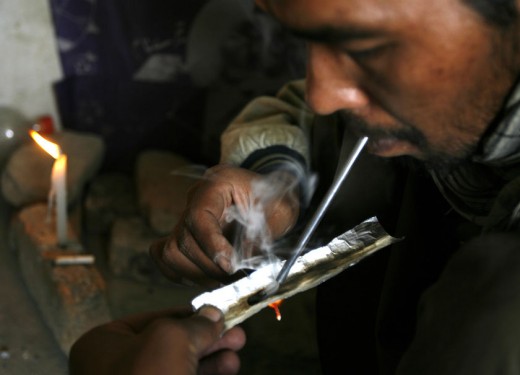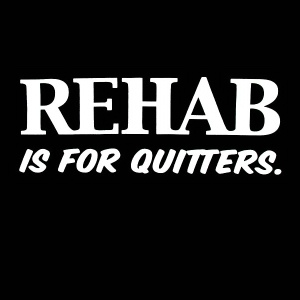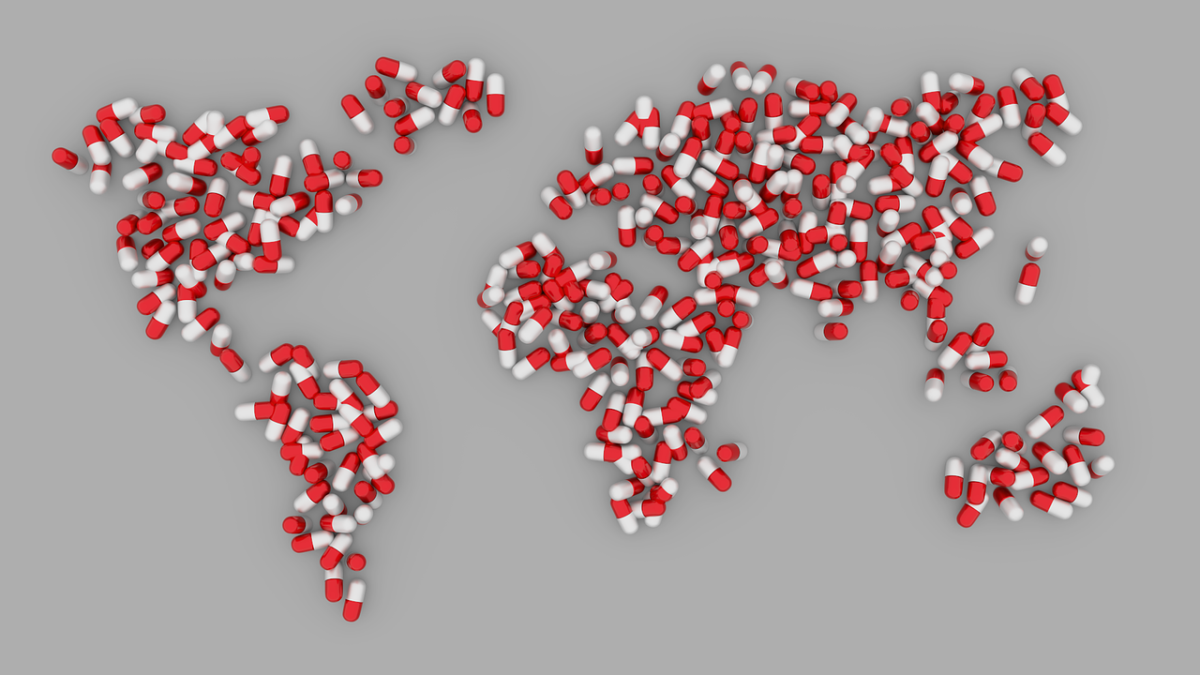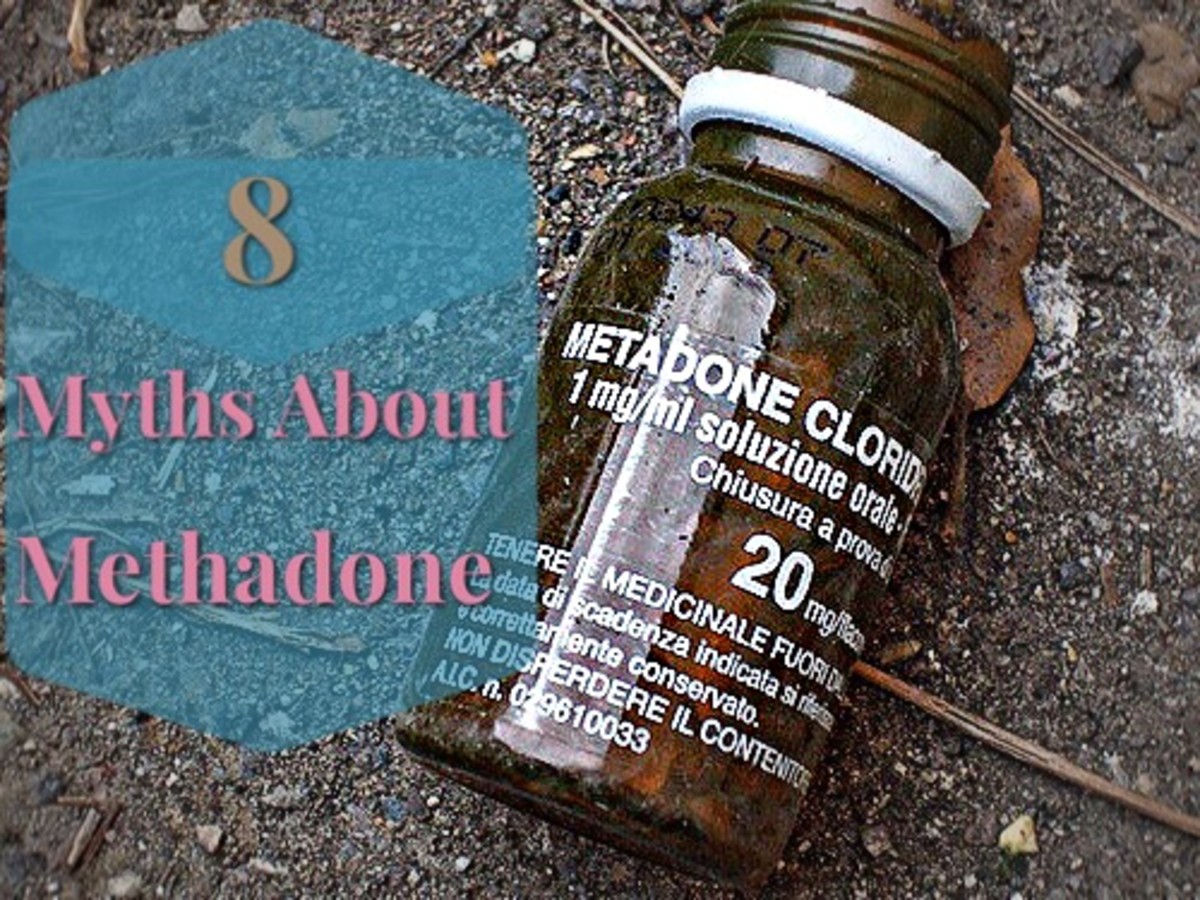- HubPages»
- Health»
- Mental Health»
- Addiction
Understanding Drug Abuse and Addiction
Drug addiction, like alcoholism, is now seen as a disease. Narcotics abuse has been shown to be closely connected with emotional anxiety. Simply treating the drug does not provide any durable solution to the overall drug problem. Like the alcoholic, the drug-addicted person must be medically rehabilitated.
Psychological counseling and group therapy have been effective in weaning young people away from the use of "soft" drugs. For those who have been addicted to "hard" drugs such as heroin, residence at a professional rehabilitation center may offer the best chance for a permanent cure.
Addicts are referred to the center from the local hospital, where they have already gone through a detoxification program lasting 8-10 weeks. They spend an average of one year at the center
Traffic in drugs constitutes a major problem for the authorities and, because of the alarming increase in youthful addicts, for parents and teachers as well.
Effects of Drug Abuse
The loss of the power of self-control through drug addiction is not only harmful to the individual concerned, but also to society. A drug addict has such an overwhelming craving for the drug that he does not count the cost of getting it; crime, violence, and murder have been the price all too often. The addict develops a tolerance to the drug so that increasing doses are necessary in order to produce the desired effect. When not under the influence of the drug, the addict tends more and more to manifest typical disturbances of the nervous system. If drugs are withdrawn from the addict, characteristic withdrawal symptoms appear, with acute physical pain in addiction to such symptoms as severe cramps in the abdomen and legs, muscular twitching, vomiting, and diarrhea. The addict will be irritable, restless, and unable to relax, and will break out in sweat and "goose pimples." Rest and sleep are difficult or impossible to achieve.
Common drugs that are abused
The chief drugs used by addicts are opium and its derivatives, morphine and heroin; cocaine; hashish; and marijuana made from hemp. The widespread use of barbiturates, sedatives, and sleeping pills available to the general public has also raised problem. The barbiturates fulfill all the requirements of habit-forming drugs. Overdose is often fatal. Therefore legal control of the sale of drugs has been tightened.
Here in the Philippines, shabu is prevalent. Shabu is a methamphetamine drug. In the mid-80s, methamphetamine was introduced into the fringe circle of use in the Philippines. In less than two decades, it has broken out of the urban subcultures and gained access into the rural communities with devastating impact.
Shabu, a powerfully addictive meth stimulant, is the drug of choice of over 90% of Filipino drug users.
In the US, its use has undergone a resurgence, a 2004 study reporting that it has already surpassed cocaine use.
Treatment for drug addiction is quite drastic and should be attempted only by qualified medical personnel with adequate facilities.











